Will Trump's tariffs hurt Walmart?
The world's biggest retailer 'isn't immune' to trade impacts


Walmart is the biggest retailer in the world. But tariffs — especially those against Canada and Mexico — could weaken one of America's strongest brands.
The retailer's stock price dropped last week after an executive said Walmart is "not going to be completely immune" to President Donald Trump's new tariffs, said NBC News. Chief Financial Officer John David Rainey tried to reassure investors, pointing out that about two-thirds of the brands are "sourced" in the U.S., making them off-limits to trade taxes. The tariffs on America's neighbors have been delayed, leaving analysts unsure what comes next. The company would "do what we know how to do" to keep prices down, said Rainey.
Even so, "uncertainty about the state of the American consumer" means Walmart is preparing for 2025 to be a challenging year, said The Associated Press. Tariffs could "threaten the low-price model that is the core of Walmart's success." Even with Walmart's ability to "hedge" against inflation, "some goods may have price increases."
Subscribe to The Week
Escape your echo chamber. Get the facts behind the news, plus analysis from multiple perspectives.

Sign up for The Week's Free Newsletters
From our morning news briefing to a weekly Good News Newsletter, get the best of The Week delivered directly to your inbox.
From our morning news briefing to a weekly Good News Newsletter, get the best of The Week delivered directly to your inbox.
What did the commentators say?
Walmart's warning could be a "bad omen for the consumer sector," said Andrea Felsted at Bloomberg. The world's biggest retailer has a "better chance than most competitors of minimizing" the impacts of tariffs on consumers because it can "get the best deals from suppliers." Given those advantages, the company probably wanted to "under-promise in the hope of overdelivering" on profits. Still, it's worth noticing the "tariff clouds on the horizon."
"Shoppers have flooded" into Walmart during the post-pandemic inflation crisis, said Nathaniel Meyersohn at CNN. But other retailers have "less leverage and may have to raise prices for consumers" as tariffs kick in. Walmart's own sales remain relatively strong for now, but its warning to investors of a "slower 2025" is a "bad sign for America's economy," Meyersohn said. And it's a "signal for the rest of the retail industry that 2025 will be a rockier year."
What next?
Walmart's guidance to investors "may have more to do with weight-loss drugs" than Trump's tariffs, said MarketWatch. The company has acknowledged that the sale of GLP-1 medications like Ozempic and Wegovy have "slightly helped sales for their pharmacy businesses," said Modern Retail. The problem is that research shows consumers "cut their grocery spending by about 6%" after they start taking the drugs. That can lead to big drops in the sales of "calorie-dense, processed items like chips."
What happens next depends on shoppers. The "consumer decides" whether tariffs matter or not, former Walmart U.S. CEO Bill Simon said to CNBC. If Trump imposes a fee on Mexican avocados, consumers will have to decide: will "you have guacamole with your chips or do you have salsa and queso where there is no tariff?" He said Walmart — and other super-sized retailers like Costco, Target and Amazon — will be OK. "Those guys will figure out tariffs."
Sign up for Today's Best Articles in your inbox
A free daily email with the biggest news stories of the day – and the best features from TheWeek.com
Joel Mathis is a writer with 30 years of newspaper and online journalism experience. His work also regularly appears in National Geographic and The Kansas City Star. His awards include best online commentary at the Online News Association and (twice) at the City and Regional Magazine Association.
-
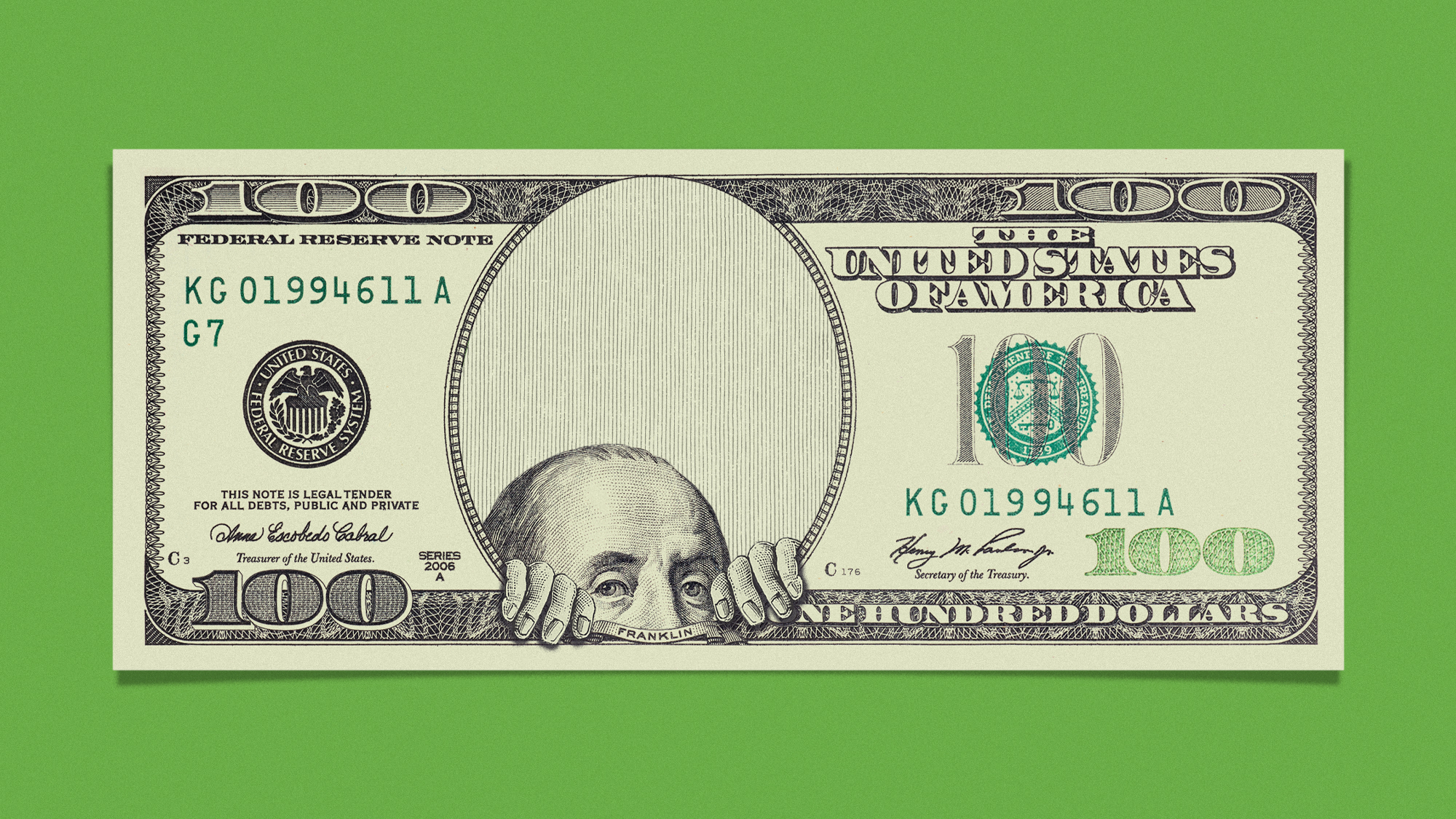 Trump’s budget bill will increase the deficit. Does it matter?
Trump’s budget bill will increase the deficit. Does it matter?Today's Big Question Analysts worry a 'tipping point' is coming
-
 Film reviews: The Phoenician Scheme, Bring Her Back, and Jane Austen Wrecked My Life
Film reviews: The Phoenician Scheme, Bring Her Back, and Jane Austen Wrecked My LifeFeature A despised mogul seeks a fresh triumph, orphaned siblings land with a nightmare foster mother, and a Jane fan finds herself in a love triangle
-
 Music reviews: Tune-Yards and PinkPantheress
Music reviews: Tune-Yards and PinkPantheressFeature "Better Dreaming" and "Fancy That"
-
 'Wrench attacks' are targeting wealthy crypto moguls
'Wrench attacks' are targeting wealthy crypto mogulsThe Explainer The attacks are named for physical coercion that can be used to gain crypto passwords
-
 Trump is trying to jump-start US manufacturing. Is it worth it?
Trump is trying to jump-start US manufacturing. Is it worth it?Today's Big Question The jobs are good. The workers may not be there.
-
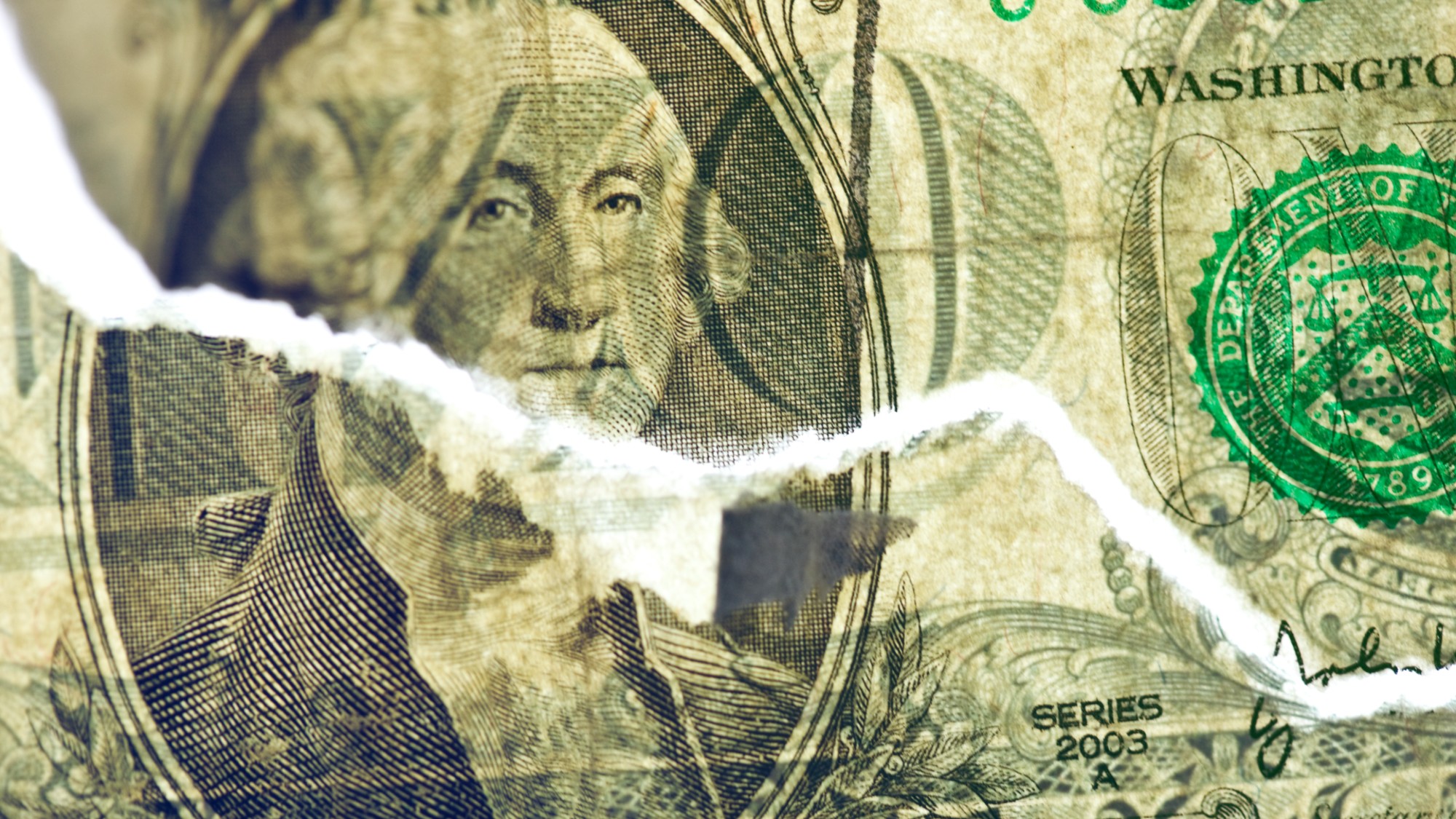 What is the dollar's future after Moody's downgrade?
What is the dollar's future after Moody's downgrade?Today's Big Question Trump trade wars and growing debt have investors looking elsewhere
-
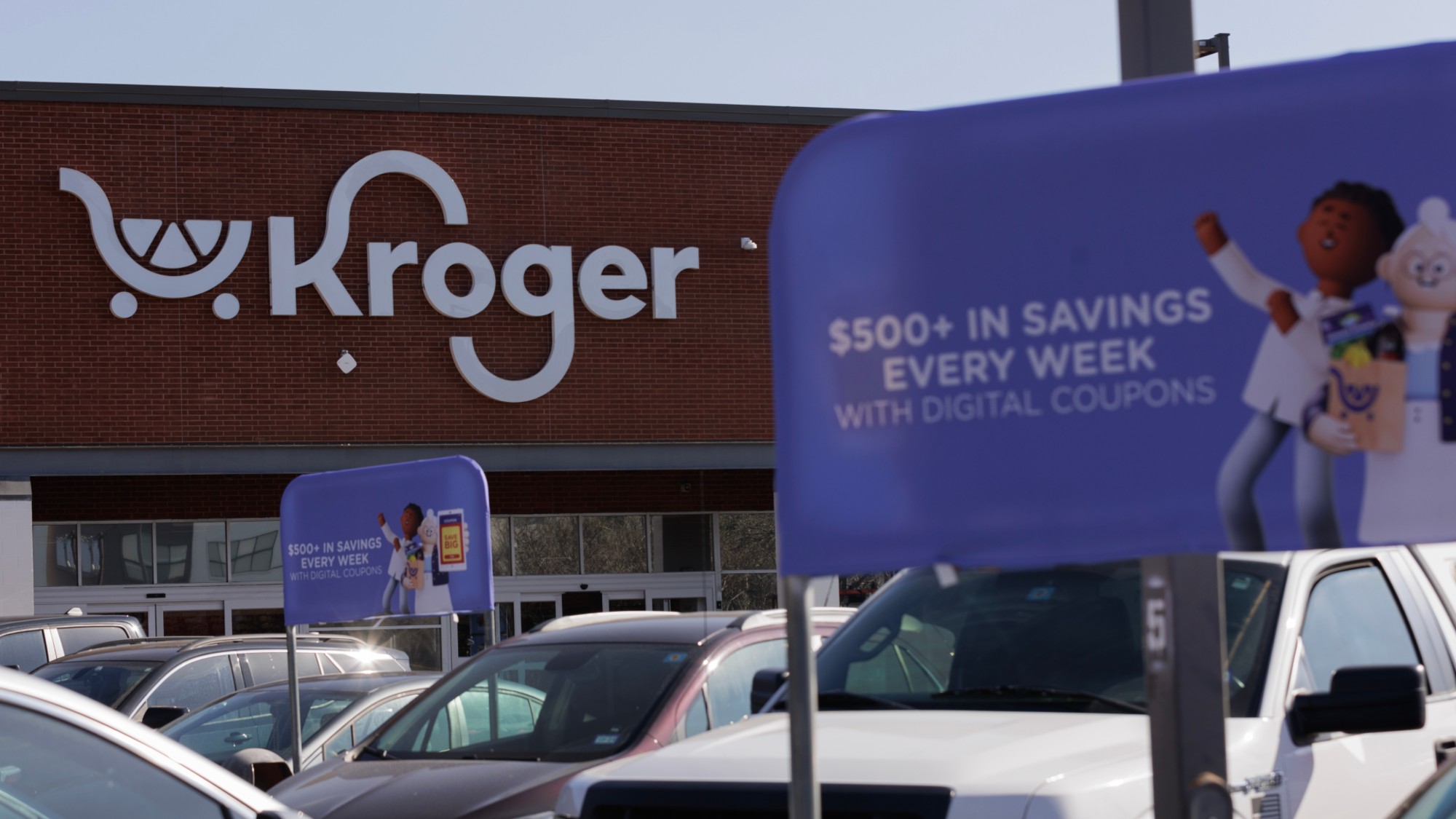 Grocery stores under fire for overcharging during cost-of-living crisis
Grocery stores under fire for overcharging during cost-of-living crisisThe Explainer A recent investigation has put the spotlight on Kroger, but it is not the only chain being pinpointed
-
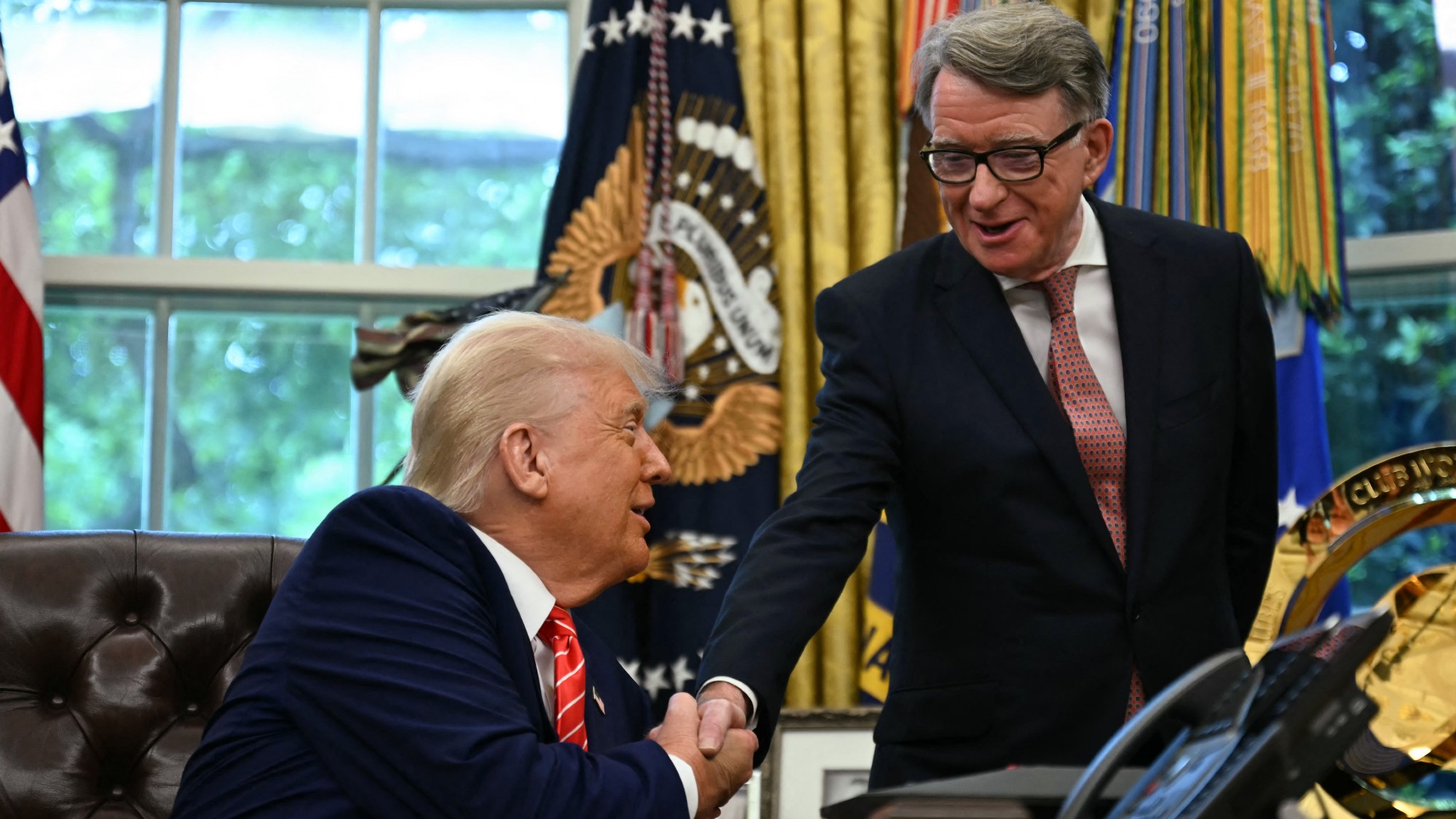 The UK-US trade deal: what was agreed?
The UK-US trade deal: what was agreed?In Depth Keir Starmer's calm handling of Donald Trump paid off, but deal remains more of a 'damage limitation exercise' than 'an unbridled triumph'
-
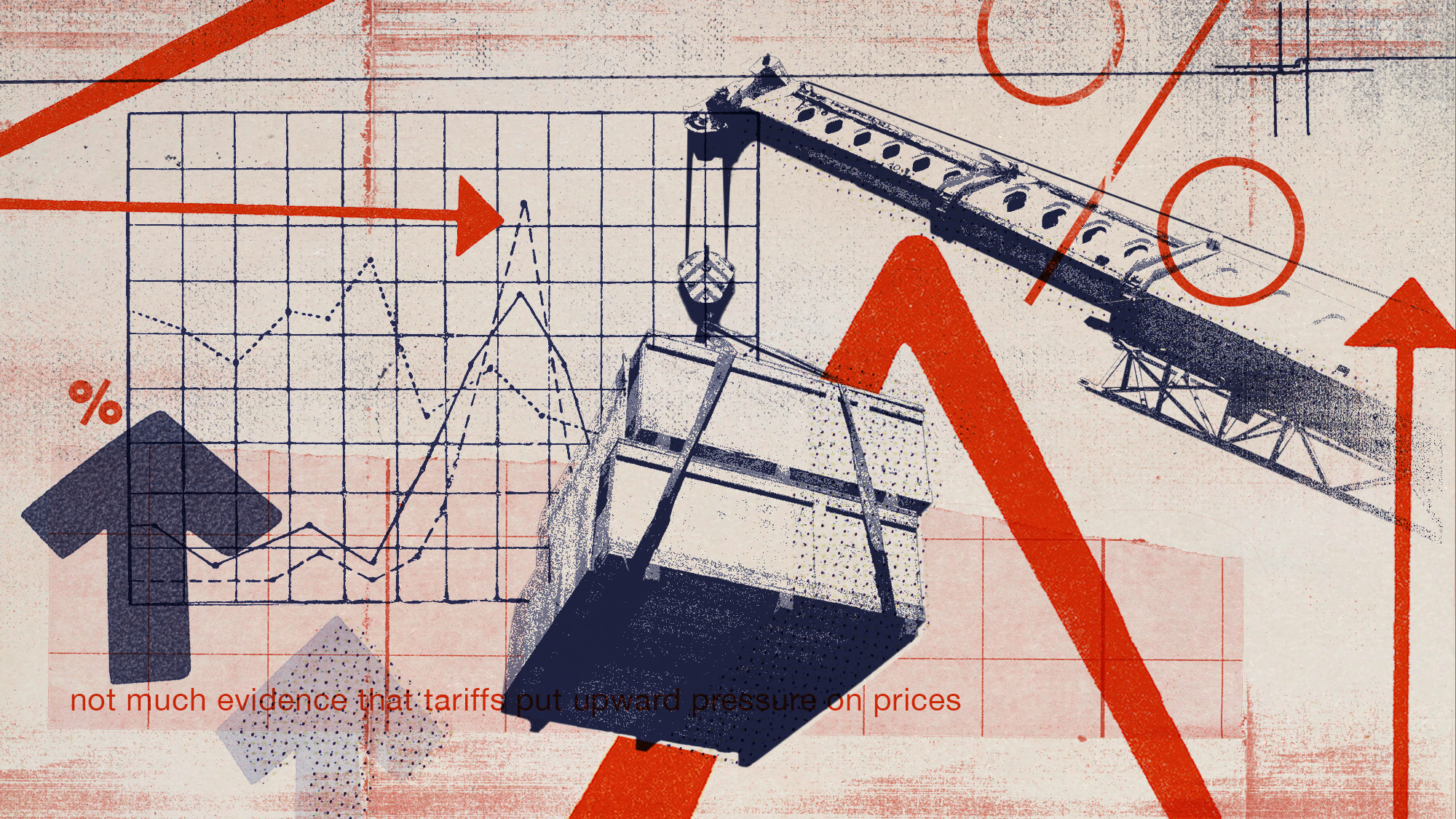 Tariffs were supposed to drive inflation. Why hasn't that happened?
Tariffs were supposed to drive inflation. Why hasn't that happened?Talking Points Businesses' planning ahead helped. But uncertainty still looms.
-
 Starbucks baristas strike over dress code
Starbucks baristas strike over dress codespeed read The new uniform 'puts the burden on baristas' to buy new clothes, said a Starbucks Workers United union delegate
-
 The end of WeightWatchers?
The end of WeightWatchers?Talking Point The diet brand has filed for bankruptcy in the US as it struggles to survive in era of weight-loss jabs